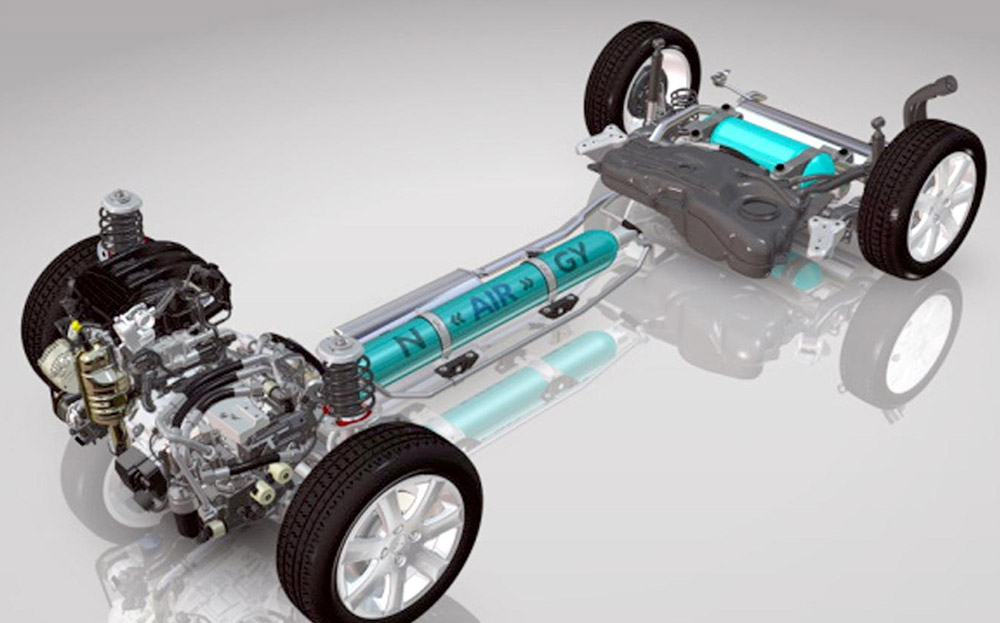News: French working overtime to launch first air-powered car
The French are breaking with tradition to turn air-powered car into reality

FRENCH CAR workers are abandoning their tradition of long lunches and short working weeks to take the world’s first air-powered car from prototype to production. At the unveiling of Peugeot Citroën’s revolutionary vehicle, which is propelled by a tank of compressed air and a small engine, the head of the €100m (£80m) project promised new working practices to go with the new technology.
“We worked outside the usual structure, where innovation is usually incremental, and started with a blank sheet of paper,” said Karim Mokaddem, one of the project leaders, of the work carried out on the prototype. “It was like we were working for ourselves and so we did eat at our desk and worked late.”
The French government has invested €40m in the venture, which it hopes will help slow the decline of car manufacturing in France, where plant closures have cost thousands of jobs and threatened political unrest.
The Sunday Times got behind the wheel of the hybrid Peugeot “Air” near the Arc de Triomphe in Paris — the first publication to do so. During a 17-minute drive in urban traffic with regular stops for red lights, the car alternated between petrol and air power. A combined total of ten minutes was spent running on air alone.
Take your foot off the accelerator and the car starts to “brake” as some of the rolling energy is used to compress air. A full recharge takes 10 seconds. Flooring the throttle causes the 81bhp petrol unit in the Peugeot 2008 prototype vehicle to engage immediately. On the open road, with no energy recovery from braking, the engine runs continuously.
Peugeot Citroën predicts that one in five of its superminis and family hatchbacks could be fitted with the hybrid air system, with strong demand from business users helping to provide more job security for French workers in the country’s underperforming factories.
The hybrid air system is said to be lighter, cheaper and more efficient than battery hybrid technology. Peugeot Citroën claims that it could be used to produce a family vehicle such as the Peugeot 2008 or the Citroën C3 with fuel consumption of more than 100mpg on the combined cycle and CO2 emissions of 69g/km by 2018, when the first vehicles are expected to go into production. Prices are expected to be similar to those of a diesel-powered car with an automatic gearbox, rather than the bigger premium of other types of hybrid.




